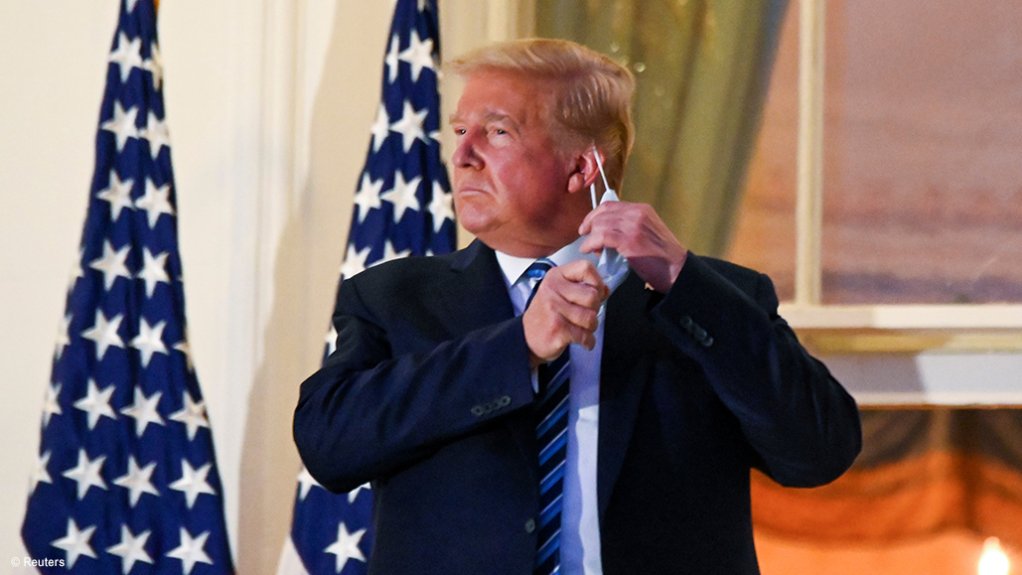The content on this page is not written by Polity.org.za, but is supplied by third parties. This content does not constitute news reporting by Polity.org.za.
The Free Market Foundation (FMF) has noted with concern the spread of misinformation among South African commentators that the Expropriation Act does not allow for property confiscation, as recently pointed out by the President of the United States, Donald Trump. Like him or not, Trump is right about the risks of expropriation without compensation (EWC).
The Expropriation Act – recently signed into law by Cyril Ramaphosa – does provide for property confiscation, in particular section 12(3) where it allows government to take property for “nil” compensation.
“Section 25 of the Constitution is clear that there must always be payment of an amount of just and equitable compensation,” says FMF Head of Policy, Martin van Staden. “Concealing the absence of compensation in appeals to ‘nil’ compensation does not cure the Expropriation Act of its confiscatory nature or unconstitutionality.”
The approximately $400 million in foreign aid that South Africa reportedly receives from the United States, which Trump has threatened to cease, does not compare to the immense damage that property confiscation will do to South Africa’s economy and its people.
“The patriotic thing for South Africans to do is to oppose the government’s attempts to implement expropriation without compensation, not to get upset when foreign actors point it out,” says Van Staden. “All successful countries follow the model of market-based compensation upon expropriation. This must be the only standard. The developed world’s resistance to the course chosen by the South African government can therefore not shock or surprise us.”
The state’s pursuance of confiscation also threatens the preferential trade access South Africa has to US markets through the African Growth and Opportunity Act (AGOA). South Africa need simply respect its own constitutional values to remain compliant with AGOA.
Property owners in South Africa have never been accorded the respect they are due.
“Prior to 1994, the majority of South Africans were told where they may and may not own property. After 1994, owners were subject to further abuse when the state nationalised privately owned water and mineral rights. Now it has its eyes on all fixed property, primarily agricultural land,” says Van Staden. “Trump saying that this class of people – property owners – have been treated terribly by the state is therefore also not incorrect.”
The fourth estate, which includes journalists and thought leaders, has a responsibility to truthfully convey the risks posed to the constitutional rights of ordinary South Africans. That many in these professions are now rallying to the government’s defence because they have misgivings about the personality of a foreign leader, is regrettable.
The FMF is convening a crisis roundtable on Tuesday, 4 February, that will bring together various civil society organisations to consider not only a legal response to the Expropriation Act, but also how to muster and direct foreign and international pressure on political actors to abandon confiscatory policies like EWC.
Issued by Free Market Foundation
EMAIL THIS ARTICLE SAVE THIS ARTICLE ARTICLE ENQUIRY FEEDBACK
To subscribe email subscriptions@creamermedia.co.za or click here
To advertise email advertising@creamermedia.co.za or click here











